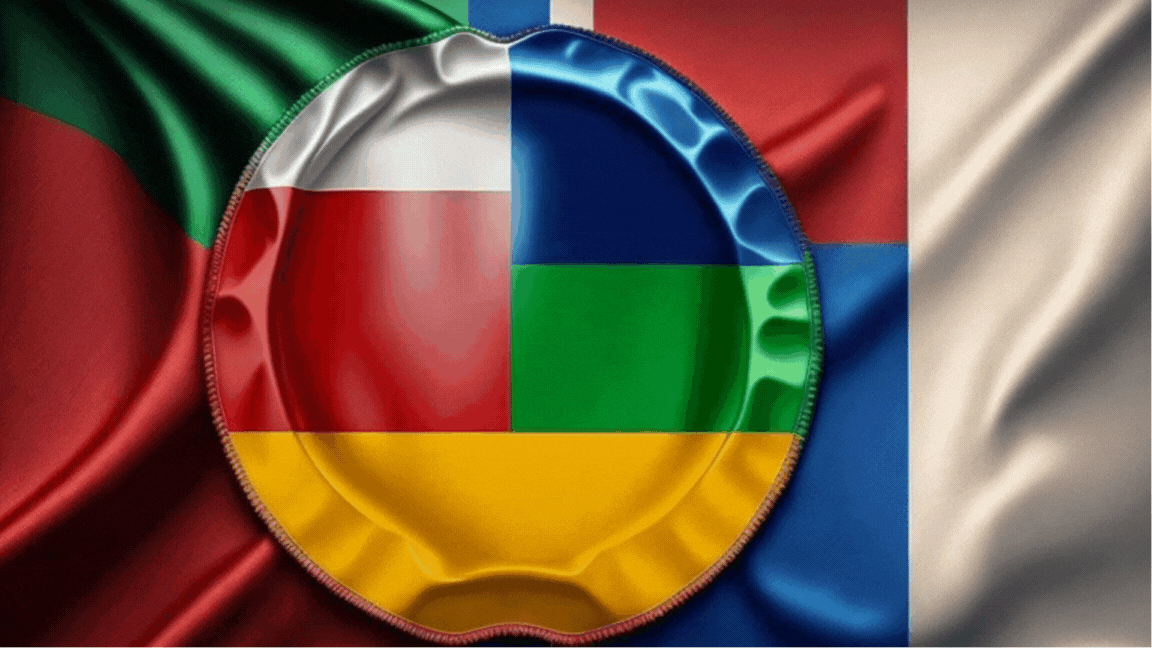The Latin American Report # 495

The International Bank for Reconstruction and Development, an institution attached to the World Bank, approved another substantial loan in favor of Javier Milei's government, in an (indirect) expression of the controversial liberal leader's excellent harmony with the United States. The new loan consists of 230 million dollars destined to “improve access to formal employment and quality job opportunities” for people currently outside the labor market. Marianne Fay, World Bank country director for Argentina, Paraguay, and Uruguay, said in a statement that the South American country seeks to train its labor force and boost the generation of new and better jobs. “Over the next ten years, 1.9 million young people will reach productive age, while technological advances are complicating the labor trajectories of people in the middle of their productive years,” Fay said in a statement.
The loan will be specifically earmarked for the ‘Promoting Employment’ and ‘Back to Work’ programs, which are coordinated by the Department of Labor, Employment and Security. Among the actions promoted by this injection of fresh capital will be the development of courses to certify basic socio-labor skills, and also for independent entrepreneurs. In a show of affection for the mileísta Pink House, Argentina will have more than thirty years to pay the debt and a grace period of seven years. It is projected that “more than 800,000 unemployed people will have access to training services, job orientation or enroll in reinsertion programs”, according to EFE. Exactly one month ago, Milei received at Balcarce 50 the head of the World Bank Group to catechize on his orthodox economic reforms, obtaining his approval to accompany his agenda, essentially supported by the IMF.
When I read these developments, emerging from a country that is not under the brutal economic pressure of Cuba, but which at one point went bankrupt and asked for help, was unable to honor its debts and again asked for help, it is impossible for me not to put the spotlight on the unfairness of the US-dominated international financial system. Beyond the inconsistencies in internal management, how much could Cuba not do if it had even a third of the support that the government of La Libertad Avanza has received in Argentina? Indeed, the “relief” mechanisms implemented by the IMF or the World Bank are extractive and disruptive of national sovereignty, but Cuba cannot even afford to consider them as an alternative, since U.S. legislation expressly forbids the island to rejoin them.
We are talking about a country that has been deprived of natural sources of income, such as U.S. tourism. Cuba is the only destination in the world where Americans are forbidden, by law, to land in an explicitly tourist plan. Yesterday, Friday, the annual International Tourism Fair closed in Havana, with much emphasis on the possibilities of the Asian markets. The authorities say they are engaged in “a process of transformation by eliminating higher structures that limited management [of the sector] at the base”, with foreign investment as an area of particular interest. Less than half as many tourists arrive in the country today as in 2017, a year of record inflows still propelled by the effect of Obama's short-lived thaw. Tourism should be a key source to feed the recovery of Cuba's aging electricity system.

